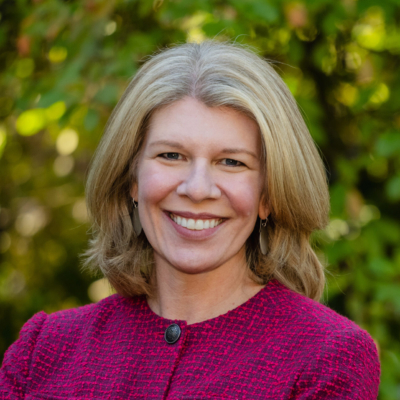Professor Nora Freeman Engstrom Clarifies Unresolved Issues In Uber Settlement
Summary
An expert on the intersection of tort law and professional ethics, Professor Nora Freeman Engstrom’s current work explores the day-to-day operation of the tort system and particularly the tort system’s interaction with alternative compensation mechanisms, such as workers’ compensation and no-fault automobile insurance. She has also written extensively on law firms she calls “settlement mills”—high-volume personal injury law practices that heavily advertise and mass-produce the resolution of claims. In the interview that follows, she discusses the recent Uber class action settlements in O’Connor et al v. Uber Technologies, Inc. et al and Yucesoy v. Uber Technologies, Inc. et al, and their implications on the ongoing employee/independent contractor debate.
Many have been reading about the Uber class action settlement, announced on Thursday evening, April 21st. Can you provide background on the underlying claims?
In these lawsuits, Uber drivers in California and Massachusetts claimed that Uber misclassified them as independent contractors, rather than employees. The drivers wanted to be in the employee category, as it entitles them to a grab bag of benefits and protections that independent contractors typically lack, including health insurance, Social Security benefits, overtime, and paid sick leave.
Why did the parties settle?
The litigation had been pending for a couple of years, and both parties (plaintiffs on one side and Uber on the other) were facing a June trial in U.S. District Court in Northern California in front of Judge Edward Chen. To avoid that trial, and its attendant expense and risk, both sides relinquished something, and both sides got things in return.
Read More
